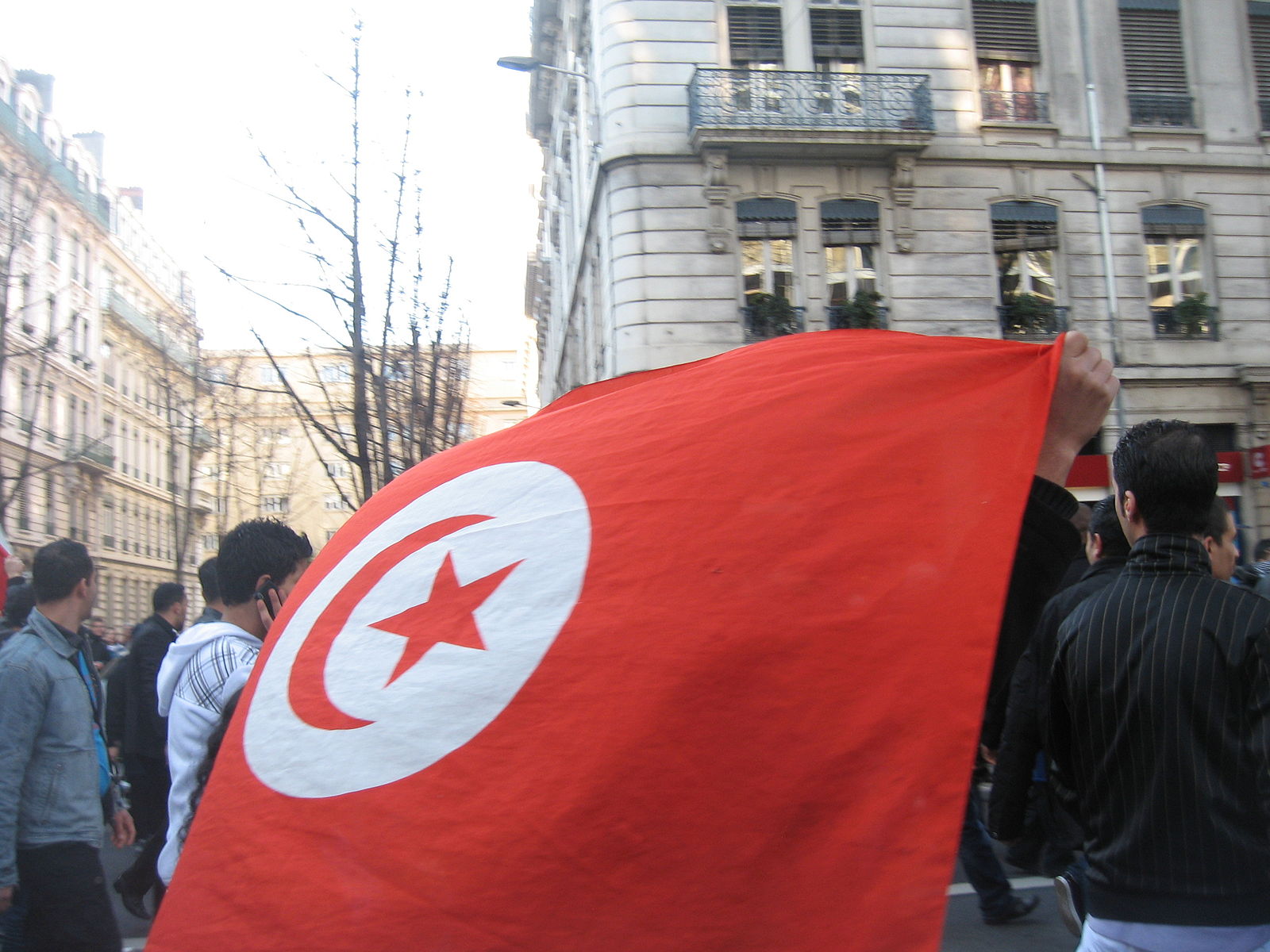The credibility of the criminal trials currently ongoing before Tunisia’s Specialised Criminal Chambers depends on their capacity to deliver justice and reparation to victims and their families in a manner consistent with international law, said more than 25 Tunisian lawyers and human rights defenders at a workshop organized with the ICJ and international experts.
The workshop, which was held in Tunis on 25 and 26 March, aimed at enhancing the capacity of participants to use international law in the preparation and litigation of cases before the Specialized Criminal Chambers (SCC) effectively.
The participants discussed the application of international law and standards relating to the notions of victims and persons entitled to reparation before the SCC. Participants also considered the various forms of reparation, including restitution, compensation, rehabilitation and satisfaction, and guarantees of non–repetition.
The workshop was attended by international and Tunisian experts, along with ICJ representatives.
The Director of ICJ’s Middle East and North Africa Programme, Said Benarbia, emphasized the importance of guaranteeing the right of victims to effective remedies and reparations, especially in transitional justice contexts.
Mondher Cherni, the Secretary–General of the Tunisian Organization Against Torture (OCTT), underlined that reparations must be comprehensive. “Tunisian courts should ensure the adoption of a comprehensive notion of harm, while addressing the violations suffered by victims in Tunisia,” he said.
Rachel Towers, Legal Advisor at Dignity (The Danish Institute Against Torture)highlighted that there is no justice without remedies and reparations; accordingly, Tunisia should ensure that victims of gross human rights violations may enjoy these rights effectively.
Clive Baldwin, Senior Legal Advisor at Human Rights Watch, said that “Tunisia is not only bound to punish and sanction gross human rights violations, but also to prevent them from occurring in the future.” Baldwin also emphasized the importance of providing a comprehensive set of guarantees of non–repetition, including legislative and institutional reforms aiming to ensure effective civilian control of military and security forces and the independence of the judiciary.
Participants also addressed the lack of compliance in law and practice of the Tunisian transitional justice framework with international law and standards.
“The functioning and delivery of transitional justice in Tunisia has been enduring numerous and complex challenges over the last years,”said Benarbia.“The Tunisian authorities should immediately respond to these challenges with a holistic action plan, based on concrete reforms and solutions” Benarbia added.
Contact
Valentina Cadelo, Legal Adviser, ICJ Middle East and North Africa Programme, e: valentina.cadelo(a)icj.org
Asser Khattab, Research and Communications’ Officer, ICJ Middle East and North Africa Programme, e: asser.khattab(a)icj.org





